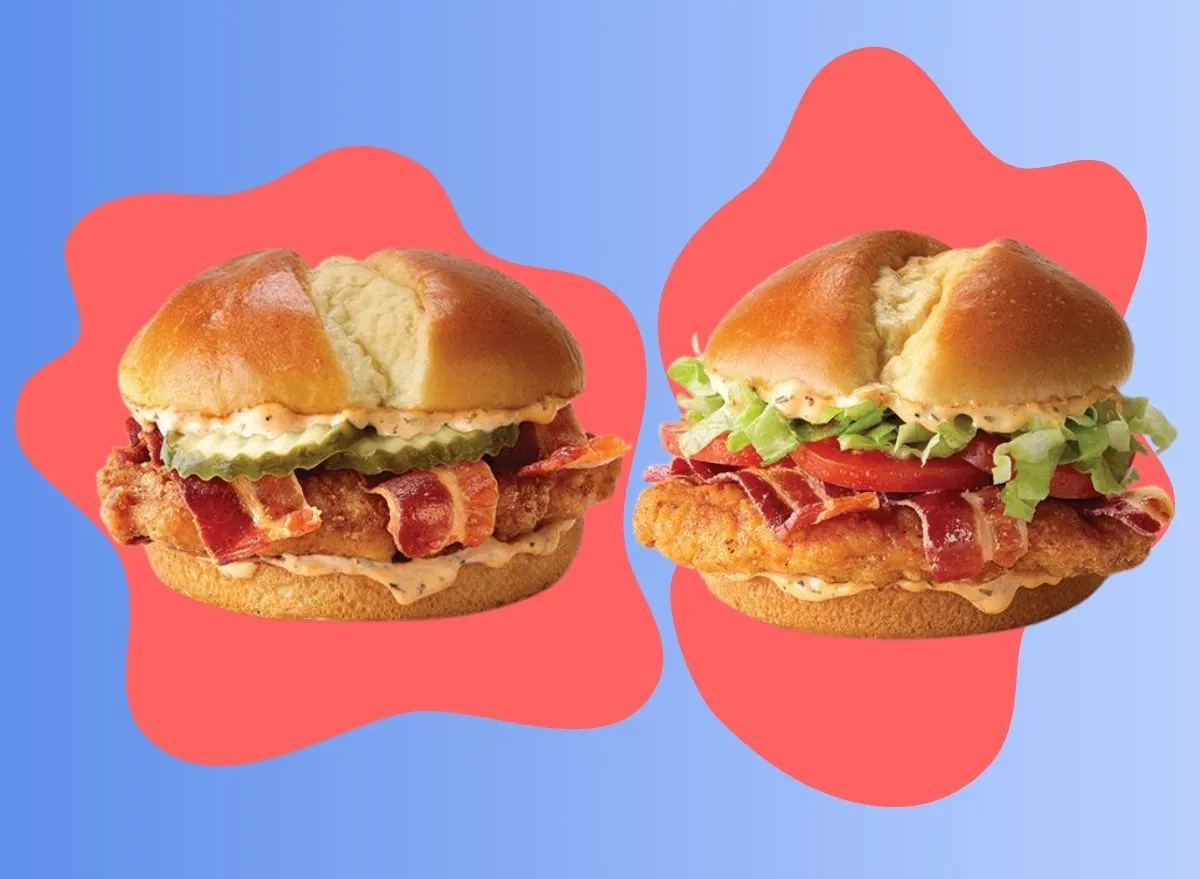Just three medium glasses of wine a week could reduce a woman’s chances of becoming pregnant, a study suggests.
This and heavy drinking – more than six a week – during the ‘luteal phase’, when the womb prepares for a fertilised egg, were linked to a 44 per cent lower chance.
The study said alcohol may upset and shift the phase by causing a hormone surge.
And those who drank heavily while ovulating had an estimated 61 per cent reduced odds compared to non-drinkers.


Just three medium glasses of wine a week could reduce a woman’s chances of becoming pregnant, a study at the University of Louisville suggests
US experts looked at 413 women over 19 months for the University of Louisville study published in Human Reproduction.
Dr Kira Taylor, senior author of the study, said: ‘These findings are important because some women who are trying to conceive might believe it is “safe” to drink during certain parts of the menstrual cycle.
‘If we assume that a typical, healthy, non-drinking woman in the general population who is trying to conceive has approximately a 25 per cent chance of conceiving during one menstrual cycle, then, out of 100 women, approximately 25 non-drinkers would conceive in a particular cycle, about 20 moderate drinkers would conceive, and only about 11 heavy drinkers would conceive.’
READ RELATED: Scott Morrison calls for investigation into how COVID-19 started at UN general assembly
In the study, women’s alcohol intake was measured using the number of standard drinks they consumed a week – where one drink counted as a medium glass of wine, just over half a pint of beer or almost two shots of spirits.
Roughly a third of the women fell pregnant, but the odds of doing so were estimated to be around 49 per cent lower if they drank heavily during the month.
Experts believe a hormone surge caused by alcohol may make a woman less likely to grow and produce an egg to be fertilised, without which she has no chance of having a baby.
The link between alcohol and pregnancy chances remained even after factors such as women’s age, weight, whether they smoked, and how often they had unprotected sex, were taken into account.
Professor Joyce Harper, head of the Reproductive Science and Society group at University College London, pointed out that the study was small, and not all women in it were trying to get pregnant.
But she said: ‘Unfortunately drinking one to two drinks a night is commonplace, especially during the last year, and many women may not realise that they would be classed as heavy drinkers.
‘Reducing alcohol consumption for men and women who are trying to conceive is sensible advice as a growing number of studies have shown preconception lifestyle factors such as alcohol consumption can reduce fertility and have a long term effect on the health of the future child.’
Source:










